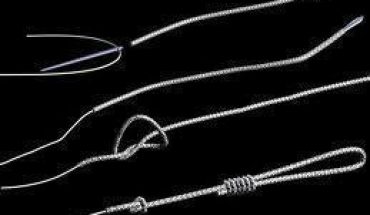The amount of 401k contributions you make changes from year to year. The figure for 2009 is $16,500. For people over 50 years of age, the total contribution is around $20,000. However the numbers for 2010 will change because the figures will now be subject to inflation figures.
The Catch up Provision
The rule is for people over 50 only. If you want to increase your contribution, the rules allow you to add as much as $5,500 for 2009. This is an increase of $500 from the previous year. For 2010, the figure will also be calculated on inflation rates.
Taking Part in the 401k Plan
Making 401k contributions is mandatory in some companies. In others it is not. However it makes sense to do so. As the salary increases, the deposit made will go up, which is good for you in the long run. By automatically making deposits, you lessen the risk of failing to make contributions.
A lot of companies also make contributions based on the amount an employee deposits. This spells additional benefits. It also helps reduce tax liability. The setup will differ for companies, so it is important you discuss it with your employer.
If you are an employer, make certain the employees understand how 401k contributions are set up in your company.
Employer Tax Regulations and Stipulations
Employer contributions are restricted based on existing tax regulations. For $100,000 compensation, the rate is set at 6%. This puts the deposit at $16,500 for the maximum. Under this setup, the employer can contribute $6,000. When everything is added up, the total is $22,500. This figure will only be met if contributions are
made regularly.
Note: for individuals 50 and above, the total amount will be $28,000. This is assuming the catch up provisions are availed of. Please note that these cover only the basic rules. If necessary, contact the IRS for more specific information regarding the 401k
contribution and tax set up of your company.
High Compensation Employees
The regulations are different. If your income is over $100,000, the deferrals cannot go over 125% of the ADP. If the amount exceeds this figure, the excess amount will be relayed back to the employee.
This figure can be added later. However, the figure will be categorized as an after tax contribution. There may be additional rules for those who belong to the Highly Compensated Employees Category. The tax forms will be 1040 and 1099 Form R.
Tax Penalties on Cashing Out Early
A 10% penalty is meted out when the 401k is withdrawn prematurely. This will be on top of the federal and state tax penalties (amounts vary). Depending on you location, employment status and salary, the penalties may go beyond 10%.
Unless it is absolutely necessary, making early withdrawals is discouraged. It is best to seek the advice of a tax specialist before making any decisions about cashing out.
It is never too early to make 401k contributions. Whether you are just starting out or not, you should get your 401k plans ready. This is the first step to preparing for the future now.





